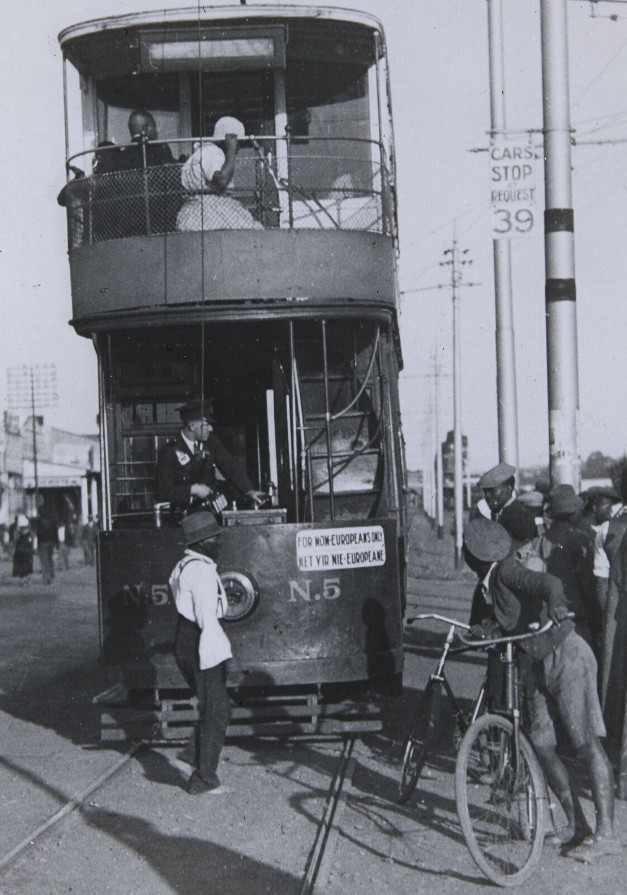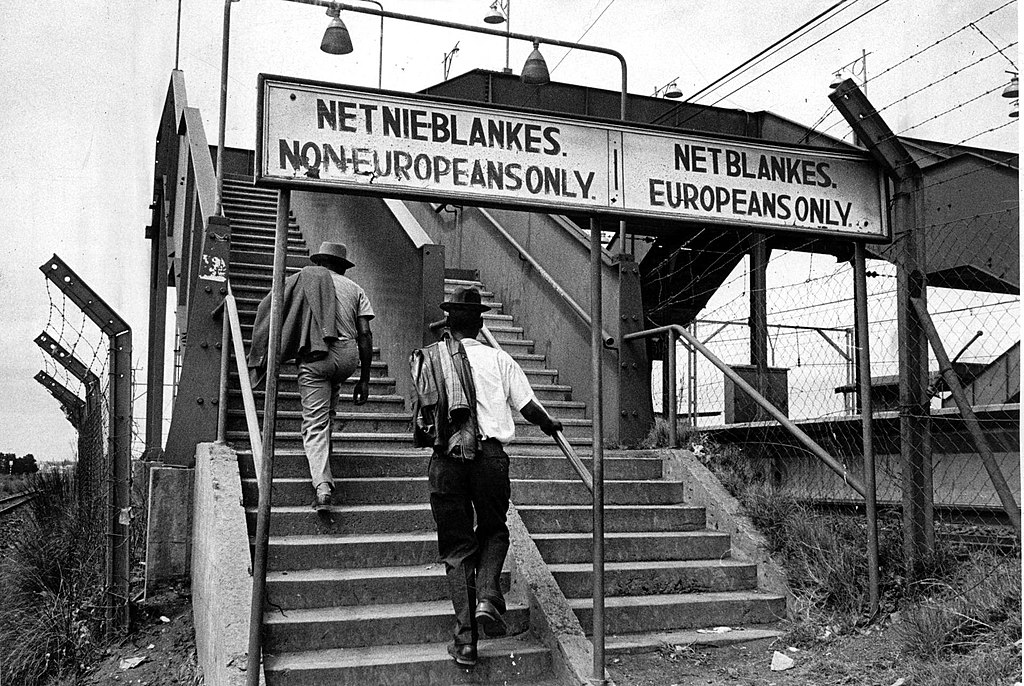United States President Donald Trump has once again stirred controversy by accusing South Africa of illegal land seizures, claiming the government is unfairly targeting certain groups. Trump’s statement, made on Truth Social, also included a threat to cut off all U.S. funding to South Africa until a thorough investigation is conducted.
“South Africa is confiscating land and treating certain classes of people VERY BADLY,” Trump wrote. “The United States won’t stand for it, we will act. Also, I will be cutting off all future funding to South Africa until a full investigation of this situation has been completed!”
South African President Cyril Ramaphosa swiftly dismissed these claims, emphasizing that no land confiscations have taken place. He reiterated that South Africa’s land reform policies aim to correct historical injustices without violating property rights.
South Africa is a constitutional democracy that is deeply rooted in the rule of law, justice and equality. The South African government has not confiscated any land.
— Cyril Ramaphosa 🇿🇦 (@CyrilRamaphosa) February 3, 2025
The recently adopted Expropriation Act is not a confiscation instrument, but a constitutionally mandated legal…
This article delves into the truth behind South Africa’s land policies, the motivations behind Trump’s statements, and the potential implications for U.S.-South Africa relations.
What is South Africa’s Land Expropriation Law?
The Expropriation Act, signed into law in January 2024, enables the South African government to acquire land in the public interest, ensuring a fairer distribution of land ownership. Legal Opinion of this Act click here.
Key Points of the Expropriation Act:
- It does not allow arbitrary land seizures.
- Landowners and the government must reach an agreement.
- In certain cases, compensation may be reduced or set at nil if deemed “just and equitable.”
- It aims to correct disparities caused by colonialism and apartheid.
Legal experts like Tembeka Ngcukaitobi have dismissed fears of land grabs, describing the law as a structured, constitutional process that aligns with public interest policies worldwide. He emphasized that it does not replicate Zimbabwe’s chaotic land seizures of the early 2000s.
Despite these assurances, Trump and his supporters claim that white landowners are being unfairly targeted, a narrative frequently pushed by AfriForum, a right-wing South African lobby group advocating for Afrikaans-speaking white communities.

The History of Land Ownership in South Africa
Land ownership in South Africa has been a deeply divisive issue for over a century. The 1913 Natives Land Act was one of the most significant pieces of legislation that institutionalized land dispossession, restricting Black South Africans from owning or renting land in designated “white” areas.
During apartheid, forced removals under the Group Areas Act displaced millions of Black South Africans, transferring vast tracts of land to white ownership. By the time apartheid officially ended in 1994, land ownership remained overwhelmingly skewed in favor of the white minority.
Today, despite three decades of democracy, South Africa still struggles with land redistribution. White South Africans, who make up about 7% of the population, own more than 70% of privately held farmland (2017 data), while the majority Black population remains largely disadvantaged.
The Expropriation Act aims to address these disparities by enabling the state to redistribute land while ensuring fairness and legal due process.

Are White South Africans Being Targeted?
Trump’s claim that South Africa is “treating certain classes of people very badly” echoes past unverified allegations of large-scale killings of white farmers. While South Africa does experience high levels of violent crime, research shows farm attacks are part of broader crime trends rather than racially motivated violence.
Debunking the White Genocide Myth
Claims of a “white genocide” in South Africa have been debunked by researchers. Farm attacks are a symptom of South Africa’s broader violent crime problem, which affects all races.
Facts on Crime in South Africa:
- South Africa has one of the highest crime rates in the world.
- Violent crimes, including murder and robbery, affect both urban and rural populations.
- Farm attacks are often linked to economic desperation rather than targeted racial killings.
Despite these facts, organizations like AfriForum have lobbied the U.S. government, particularly right-wing politicians, claiming that white farmers are victims of state persecution.
Why is Trump Targeting South Africa Now?
Political analysts suggest Trump’s statements align with his broader foreign policy strategy, which has included imposing sanctions on countries like Canada and Mexico. His attack on South Africa comes amid rising tensions over international relations, including South Africa’s legal case against Israel at the International Court of Justice (ICJ) over the war in Gaza.
Additionally, billionaire Elon Musk, a South African-born entrepreneur and Trump ally, has publicly criticized Ramaphosa’s government, accusing it of supporting “racist ownership laws.” Musk’s comments followed Trump’s statements, adding fuel to the controversy.
The Impact on U.S.-South Africa Relations
South Africa receives about $440 million annually in aid from the U.S., with a significant portion funding HIV/AIDS programs through PEPFAR. Trump’s threat to cut funding could impact these initiatives but is unlikely to severely damage South Africa’s economy.
Key Trade and Diplomatic Considerations:
- South Africa benefits from the African Growth and Opportunity Act (AGOA), allowing duty-free access to the U.S. market.
- The mining sector is crucial to South Africa’s economy, exporting minerals like platinum, iron, and manganese to the U.S.
- South African Minister Gwede Mantashe suggested withholding mineral exports to the U.S. in retaliation.
While Ramaphosa has taken a diplomatic approach, assuring engagement with U.S. officials, investor concerns over potential trade disruptions have led to fluctuations in South Africa’s rand, stocks, and government bonds.
Could U.S. Sanctions Harm South Africa’s Economy?
If Trump were to follow through on his threats, potential economic repercussions could include:
- Reduced trade with the U.S., which is South Africa’s second-largest export partner.
- Loss of AGOA benefits, making South African goods less competitive in U.S. markets.
- Weakened investor confidence, potentially leading to capital flight.
- Decreased funding for HIV/AIDS programs, impacting public health initiatives.
However, some experts argue that South Africa could diversify its trade partnerships, strengthening relations with BRICS nations (Brazil, Russia, India, China, South Africa) to mitigate losses.
Final Thoughts: What’s Next for South Africa?
South Africa’s land reform policies remain a complex and contentious issue, shaped by decades of historical inequality. While Trump’s claims of “land confiscation” lack evidence, they contribute to a divisive international narrative.
The coming months will determine whether Trump follows through on his threats. In the meantime, South Africa will need to navigate diplomatic relations carefully while continuing efforts to balance land reform, economic stability, and international partnerships.
Stay Updated
For ongoing coverage of South Africa’s land policies and U.S. foreign relations, subscribe to our updates and follow our analysis on international policy changes.

![Informal shacks in a majority-Black township are seen next to an upmarket private estate in Cape Town. Land and spatial inequality still plague South Africa 30 years after the end of apartheid [Nic Bothma/Reuters]](https://thedailycaffeine.com/wp-content/uploads/2025/02/2024-05-22T122704Z_1209063009_RC2AQ7A2O9B5_RTRMADP_3_SAFRICA-ELECTION-ECONOMY-1716881967.webp)
